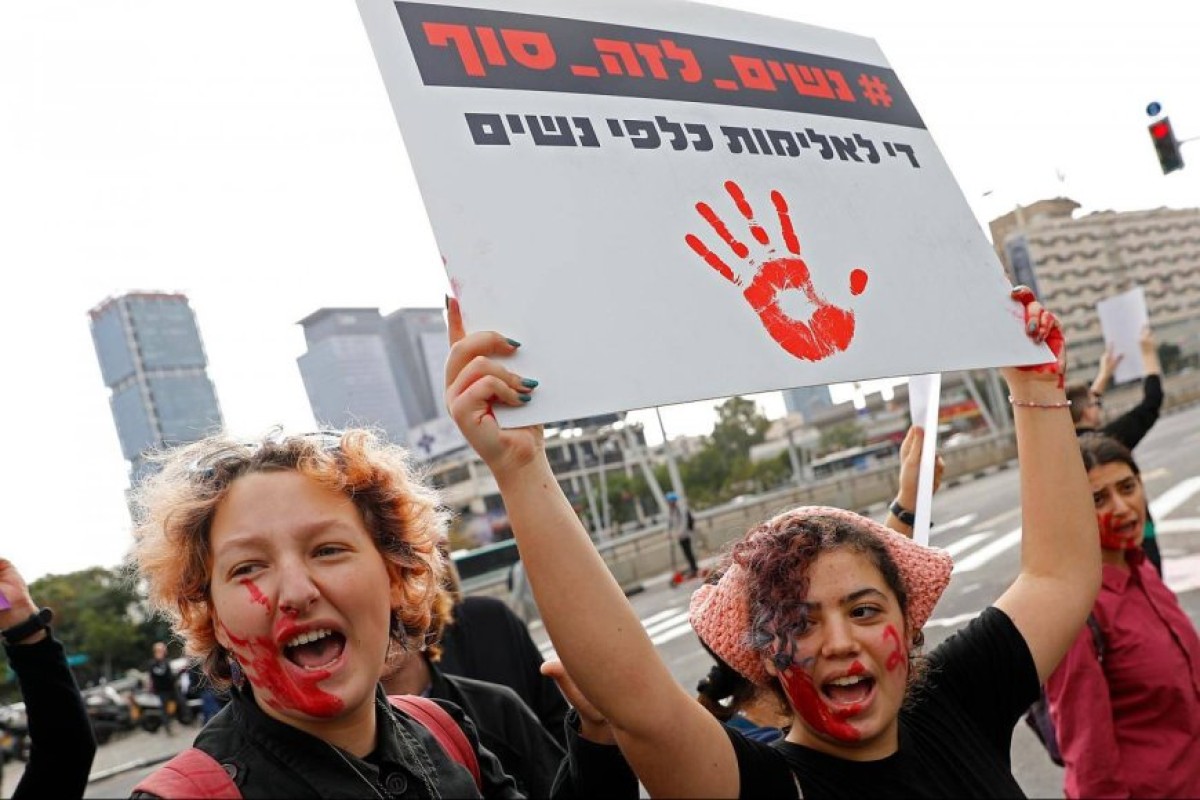 312
312
Israeli women have long been a target of systematic violence and discrimination. The existing evidence shows that claims of abuse against female Israeli military members predominate. Regrettably, other forms of abuse against Israeli women have received less attention.
The exponential increase in violence against women in Israel has prompted yearly protests. Activists for women's rights stress that the vast majority of violence against women is unreported, and they blame Israeli officials for concealing information about the number of women who have been abused.
In research devoted to violating women's rights in the occupied territories, "Middle East Eye" wrote: "Women in Israel face a growing wave of violence and sexual discrimination." Nonetheless, the Israeli government seems utterly indifferent to this alarming crisis.
Another interesting fact is that women are overrepresented in low-income industries while underrepresented in high-income ones. Although women make up over 80% of the workforce in low-income sectors, including health, services, education, and education, females only make up 37% of the workforce in Israel's high-income IT sector.
Women make up the majority of the workforce in agriculture, which is notorious for its low pay.
According to a report published for the first time in 2022 by the Ministry of Finance of the occupying regime, the salary discrepancy in the higher education system is 25%, in the health system, it is 35%, and in the local government, it is 31%. This report also contains statistics about the number of female workers in each division. Just 11% of women are employed by Israel Railways and Haifa Port, 21% by the gas industry, 26% by Mekorot (the water company), and 26% by the aerospace industry.
Moreover, the income gap between men and women in the Israeli army is around 25%, according to the annual report on salaries and benefits in the Zionist regime's military for 2021. Overall, women in Israel earned about one-third less than men in 2021.
Women's situations improved in four metrics compared to 2020, while men's conditions improved in seven. Regarding job quality, men outperform women, with the gender difference increasing from 9% in 2020 to 22% in 2021.
Governments such as the United Kingdom, Canada, and the United States, which traditionally portray themselves as champions of human rights, have voted against all UN resolutions rebuking the Zionist regime for violations of women's rights, despite these resolutions having been ratified by a majority vote.
Comment
Post a comment for this article